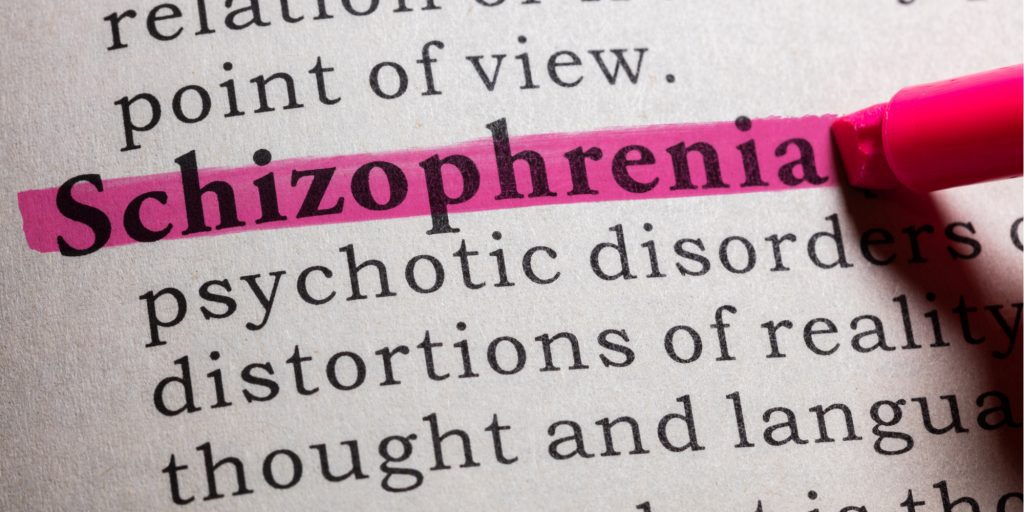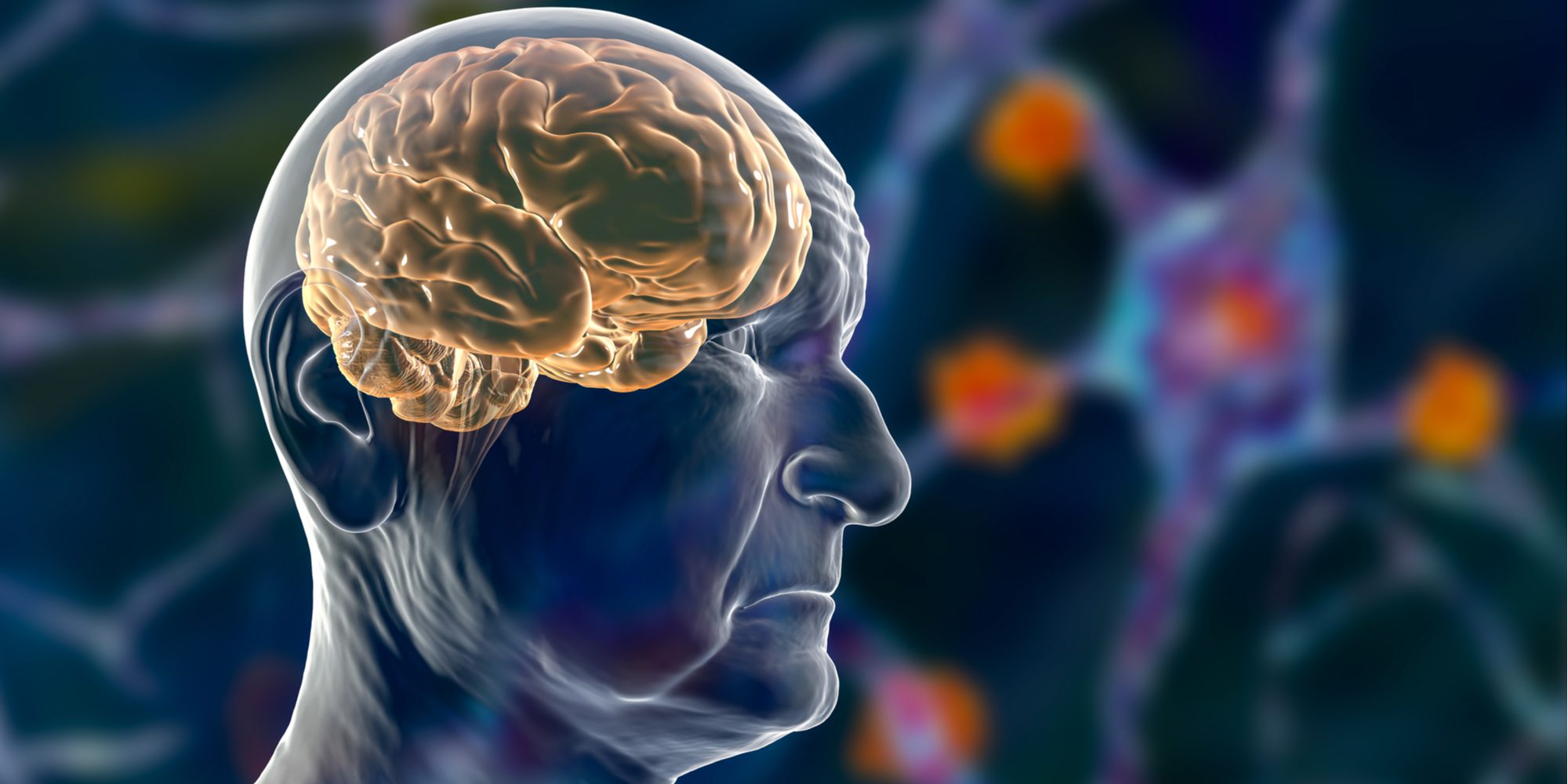Schizophrenia is a disability that can affect your day-to-day life in many ways. Most people first show signs of the disorder at an early age. However, some people don’t develop schizophrenia until they’re in their 40s, 50s, or even later. Getting the condition late in life is called late-onset schizophrenia.
Many people with late-onset schizophrenia wait years or decades before getting diagnosed and going into a treatment program. That’s because the signs commonly linked with schizophrenia—hallucinations and delusions—are often less intense in older people. This can lead individuals to underestimate how helpful treatment can be, and as a result they may unnecessarily suffer schizophrenia symptoms for years.
Fast Schizophrenia Facts

Before looking into information on late-onset schizophrenia, it’s important to know the basics of schizophrenia. The tell-tale signs of schizophrenia are hallucinations and delusions. And while there is a lot of stigma around this mental health condition, especially with concern that people with schizophrenia may be dangerous, the reality is that individuals with schizophrenia are more likely to suffer violence than to hurt someone else.
There are other lesser-known facts about schizophrenia, including:
- Around 24 million people have schizophrenia worldwide.
- Women are more likely to have schizophrenia than men.
- Women are more likely to develop schizophrenia later in life.
- Late-onset schizophrenia makes up 15-20% of all schizophrenia cases.
What Is Late-Onset Schizophrenia?
Late-onset schizophrenia is a mental illness found in individuals age 45 or older. People with this mental illness can experience hallucinations, delusions, have trouble thinking clearly, and show extreme behavioral changes. While most people with schizophrenia start showing signs as teenagers or young adults, people with late-onset schizophrenia don’t show any signs of the disorder until middle age or even later. And unfortunately, this can make accurate and fast diagnoses hard to find.
Scientists still don’t know what causes late-onset schizophrenia. Many believe genetics and other outside factors may play a role. If one of your parents or grandparents had late-onset schizophrenia, you could be at a higher risk of developing the disorder. It can also be dormant in some people for decades before getting “triggered” by a certain event, such as trauma.
Late-Onset Schizophrenia Symptoms
There are three categories of late-onset schizophrenia symptoms: positive symptoms, negative symptoms, and cognitive symptoms.
Positive symptoms are named as such because they represent abnormally present, as opposed to absence, behaviors. They are also sometimes referred to as psychotic symptoms. Among the symptoms of schizophrenia, these are the most well-known. Positive symptoms include:
- Hallucinations: If you have late-onset schizophrenia, you might experience hallucinations involving any of the five senses. You could see shapes, shadows, or figures that don’t exist. You might hear voices or whispers that tell you angry or hurtful things. Hallucinations can even include phantom smells, tastes, or feeling like something is crawling on your skin.
- Delusions: Having delusions means believing things about yourself and the world around you that aren’t real. Delusions can include feeling like someone or something is out to get you or that you have a mysterious or rare illness. You might think that your television or radio is speaking directly to you, or that someone you barely know has strong feelings for you.
- Movement disorders: Schizophrenia can also affect the way you move. Jerky hand movements, pacing around a room, and repetitive motions are all signs of the disorder. Catatonia—not moving for an extended period, or doing repeated, purposeless movements—is another movement symptom associated with the disorder.
Negative symptoms are the opposite of positive symptoms in that they are absent in people with schizophrenia. Lack of emotion, speaking in a flat voice, and avoiding family and friends are common negative symptoms. Other symptoms are a lack of personal care or hygiene and missing appointments or deadlines.
Cognitive symptoms involve your speech, memory, and train of thought. You might find that you struggle to speak in complete sentences. Your words might come out all jumbled up. It may be hard to follow or absorb what friends say to you in conversation. You could also have trouble finishing your thoughts or remembering important dates.
People with late-onset schizophrenia tend to have stronger negative symptoms than positive ones. However, mental health is a complicated issue. Other older individuals might not have schizophrenia but still show signs of other closely related disorders.
Different Types of Schizophrenia

Like other mental health disorders, schizophrenia can present differently for many people. Today, mental health professionals realize that there is an entire schizophrenia spectrum, with different subtypes of the illness.
- Schizoaffective disorder: Some people have symptoms of schizophrenia and symptoms of other major mood disorders like depression or bipolar disorder at the same time. This is called schizoaffective disorder. It usually presents as psychotic symptoms like hallucinations or delusions along with mood symptoms like mania or depression.
- Schizophreniform disorder: When someone shows signs of schizophrenia for less than six months, they’re initially diagnosed with schizophreniform disorder. Many will end up with schizophrenia, but around one in three people will fully recover.
- Schizotypal disorder: Also known as borderline schizophrenia, this subtype displays many schizophrenia symptoms but doesn’t involve hallucinations. Instead, people with borderline schizophrenia may seem eccentric, paranoid, or antisocial. While they may have an easier time functioning than people with schizophrenia, they should still seek professional help.
Getting Treatment for Late-onset Schizophrenia
Living with untreated schizophrenia can affect your quality of life. Fortunately, there are safe and effective treatment options. Older adults often have fewer positive symptoms than younger people. They can get the most out of therapeutic options while taking lower doses of medications.
At The Blackberry Center, we’re committed to helping our patients take control of their mental illnesses. When you enter clinical treatment in our mental health program, your first step will be to get an evaluation from a psychiatrist. This evaluation will help determine the proper medication and therapeutic options for you.
Once you have a personalized care plan, our inpatient program will help you manage your illness in a safe and caring environment. You’ll have access to group therapy, recreational therapy, and family education services. While you’re in the program, you’ll be in close contact with mental health professionals 24 hours a day.
If you have late-onset schizophrenia or are having any of the symptoms described in this article, please don’t wait to get help. There is a path forward for you. Call one of our caring administrators any time at (813) 908-4199. If you’d rather ask your questions online, you can reach us on our confidential contact page.
The cause of late-onset schizophrenia is still not fully understood, according to the passage. Scientists believe that genetics and external factors may play a role. The condition could also be dormant in some individuals for decades before being “triggered” by a specific event, such as trauma.
- Hallucinations: Experiencing sensations involving any of the five senses that aren’t real, such as seeing shapes or hearing voices.
- Delusions: Holding beliefs that are not based in reality, like thinking someone is out to get you or that your TV is speaking directly to you.
- Movement Disorders: Exhibiting unusual bodily movements, such as jerky hand movements, pacing, or catatonia (not moving for an extended period or doing repeated, purposeless movements).
The typical age of onset for schizophrenia is at an early age, often when individuals are teenagers or young adults. The passage states that most people first show signs of the disorder at an early age, although it is possible to develop it later in life.
Yes, you can develop schizophrenia later in life, a condition known as late-onset schizophrenia. While most people show signs of schizophrenia at a younger age, some individuals don’t develop symptoms until they’re in their 40s, 50s, or even later. Late-onset schizophrenia makes up 15-20% of all schizophrenia cases and tends to present less intense positive symptoms like hallucinations and delusions, which can delay diagnosis and treatment.

